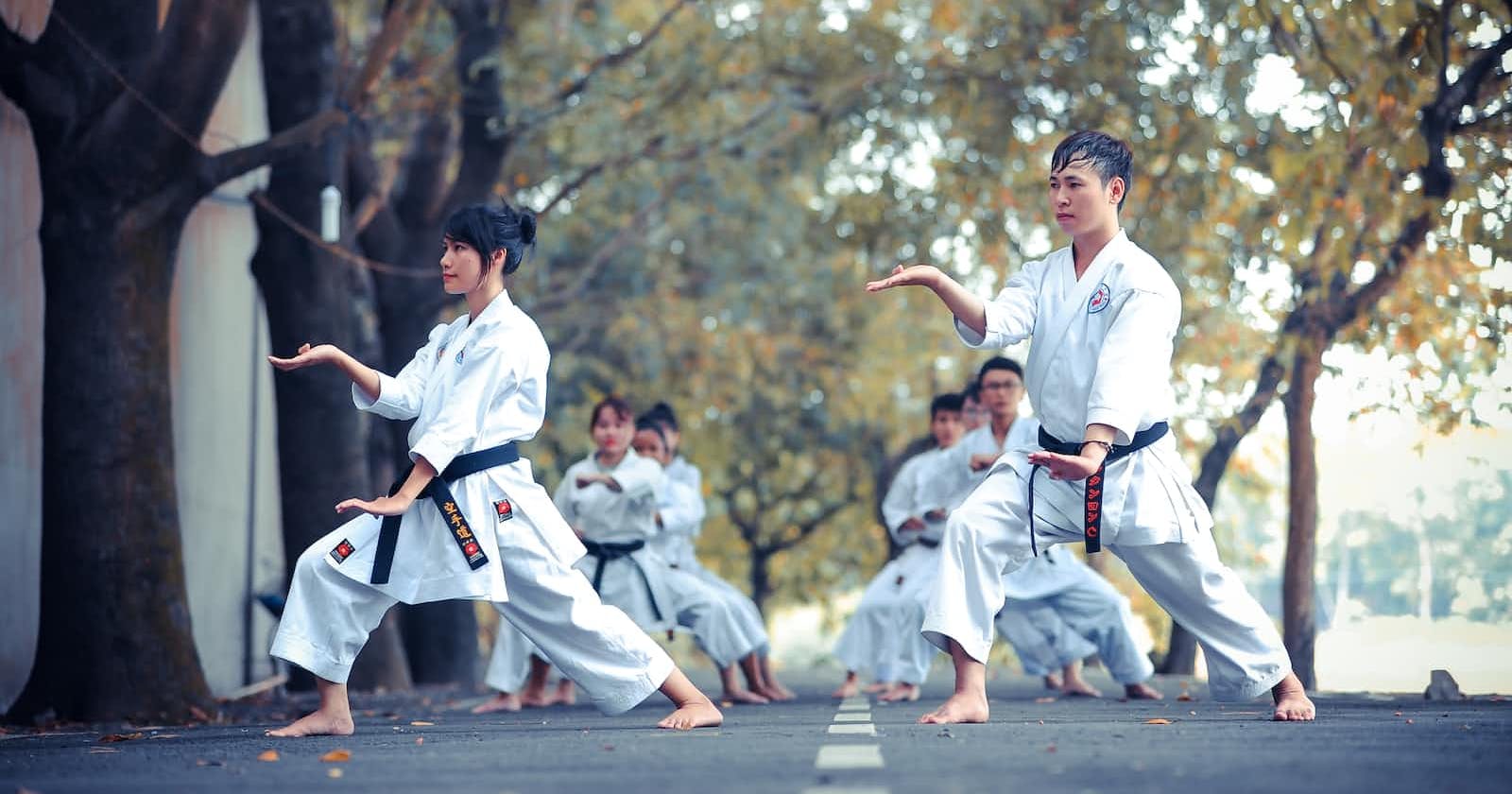THE BIG ISSUE
Everyone talks about the traditional model of learning and its inefficiencies. It is either too long, too boring, or not specific enough for individual needs, and the big one, it is not tailored to what each individual needs for success in their endeavors.
I'll refer to TRADITIONAL SCHOOLING as Trad, just to keep things short.
I would not be hypocritical to say this industrial style of learning has not benefited me. Even though Trad contributed nothing to my critical thinking, creative problem-solving, and teamwork abilities, I owe my stress-dealing, communication, and social skills to Trad.
Online schooling platforms like Udemy promise to do better than Trad. Although these platforms give us the perk of learning at our own pace(which I appreciate), I have to say that there are more similarities to Trad than differences in my experience.
Most online courses are dreadfully boring, too long, repetitive, monotonous, and not personalized, and deny us the chance to learn and play in groups like Trad(sounds like a good startup idea)
So what then can we do about this? I don't have some grand innovative idea to help an ailing Trad, but I can say how we approach Trad and online courses might be the spark of excitement to learning in your career.
With so much information online, you can die of brain damage. There are thousands of podcasts, newsletters, blogs, YouTube videos, and courses talking about the same topics. You could try filtering, but still...You get the point right?
I say instead of just filtering and consuming information passively for any reason whatsoever, we let our curiosity guide us. That we learn only when we NEED to and spend more time implementing what we learned(I'm also guilty of over-learning too, lol).
TWO REASONS FOR THIS
No amusement
“Knowledge that is acquired under compulsion has no hold on the mind. Therefore do not use compulsion...”
Imagine if you were interested in ducks, your parents had duck farms since you were little, and you know how they are raised and how to care for them. Now there is a competition coming up, where you have to teach these ducks how to dance and the best dancing ducks win.
How fun do you think it would be? How enthusiastic do you think you would be? Do you think you would bother so much about taking a 34-hour course online on how to teach ducks how to dance?
Now imagine, you the duck lover choosing to enter a wood sculpting competition, just because you want to try out something new. You might develop an interest in it, but you are likely to lose interest quicker than in the duck dancing competition.
Most people like me always choose the second scenario, most times unconsciously. We want to learn stuff because it might help sometime in the future, not because we need help now. In other words, most things we learn do not fit into our goals at the moment.
Developers are prone to this, forcing themselves to learn all the shiny stuff to put into their resumes without doing anything meaningful with it. How many times have you learned something and used it to make something? How was that feeling? Amazing right?
My rule of thumb, is if you're not going to build with it, don't learn it(What do you think about this?)
" If you're not going to build with it, don't learn it"
Time wasting
Life is short, shorter when you waste it doing what you don't love. I can't tell you how scared I am to wake up as a 40-year-old and reflect to find out I did not work on ideas and things I cared about.
If the ladder is not leaning against the right wall, every climb we make takes us to the wrong place faster.
If you ask me, learning things you are not going to use in the meantime, is either overthinking or wasting time. I choose to avoid doing both as much as possible.
This is going to be hard, it even requires a level of inner peace and focus to only learn when you need something. This message seems a little biased because it requires you to build stuff, and ideas, basically just create. Some people might say learning is supreme, and I agree. I just think if we build a lot, we would learn a lot.
Don't you think it's better to be a doer than just a learner?
"...it's better to be a doer than just a learner..."
SUGGESTIONS FOR BOTH OF US
As a developer, I've resigned to testing out two approaches to learning and building stuff, I call them the Synonym approach and the Treasure hunt approach.
These methods are oriented towards developers, but you could do something similar in whatever your field is.
Synonym approach
This is especially helpful for beginners and novices. Learning a skill does not require you to take courses only, it requires you to practice a lot, like a lot. Most times the hardest part is going from zero to one. When we get to one, we can start making iterations of our skill set.
Zero to one in the sense that you want to grab the basics of whatever you are learning to be able to learn advanced knowledge.
This approach involves using lots of tutorials but in a different way.
Step 1: In my case, I watch a video of a project I want to make to learn( The aim is to learn). I recommend using active learning methods like pausing to find out stuff yourself, solving the little problems differently, naming variables differently, and researching things you do not understand.
Step 2: Then I try to remake the project entirely from the ground up without looking at the tutorial. I can browse, ask questions, and look at codebases, or the tutorial code I wrote, but avoid referring back to the tutorial as much as possible. The goal is to build as much brain muscle as possible.
Step 3: Now this is the cream of the crop. All you have to do is add a feature to the stuff you rebuilt yourself. You can tweak steps one and two, but I feel this step should be done as it is. The code you wrote was not yours, but if you add something to it, it could become yours. To make this easier, before you start a tutorial project, agree on the feature you want to add to the project. It could be a simple animation or a chat feature, it's your choice. Be creative!
Fun fact: I made my portfolio with this approach.
Treasure hunt approach
I'm not going to brag, I have only done this once. It was so difficult, but at the same time challenging and inspiring. The only things you need for this approach are your imagination and commitment to finishing the project.
Step 1: Agree on an idea of something you want to make. It could be anything, but at least it should come from you. Now, this depends on your courage and skill level. Just do you.
Step 2: Break it down. Are you trying to make an app? Then what does the user experience journey look like? You don't need to get everything down to the atom, and an overview can do. Does your product require a login page, a welcome page, or a submit button? Start with what you can reason out(You can also brainstorm with someone).
Step 3: Struggle! Struggle gives work a sense of meaning. After breaking down the things you need to build to get the least functional MVP, then start making them. Now you can use as many books and courses as you want, ask as many questions on Stack Overflow, and cry a bit. Don't worry, you will be fine. Grind and grind and when you are done with your beautiful work of art, share it with the world.
CONCLUSION
It's going to be hard to do this, not because the methods are difficult, but because you are 90% going to think this is either BS or you have not reached the level to use these methods. I subscribed to the latter, and it has taken me almost a year to learn that the best way to learn is to test yourself.
"the best way to learn is to test yourself."
I hope you try either of these out, fine-tune it to your taste, or come up with something new entirely. Just don't forget to share it with me, please...
Tchuss.


